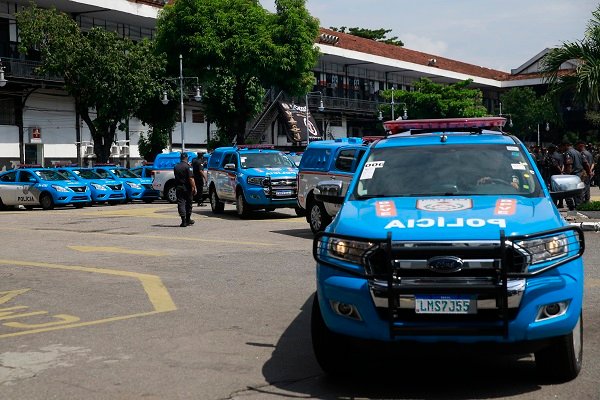Rio de Janeiro State Government announced on Monday (13/03) that it will buy cameras for vehicles, public buildings, and facial recognition cameras. The cost will reach around R$ 500 million.
This Content Is Only For Subscribers
To unlock this content, subscribe to INTERLIRA Reports.
The equipment implantation program will have three phases: the installation of body cameras in officers, installation in the vehicles and later in buildings and public offices. It is determined that it is mandatory that the camera be collected immediately after confrontations involving violent lethality.
The measure is to increase the transparency of police actions and inspection bodies. The installation of the cameras will take place after the publication of a regulation and the implementation schedule of this program, which should take place within a maximum period of 90 days.
ADPF of Favelas
Last year, Minister Edson Fachin, of the Federal Supreme Court (STF), determined that the government of Rio de Janeiro should present, in five days, a schedule for the installation of audio and video cameras in uniforms and vehicles of Special Battalions of Police (Bope and Core) and in the battalion areas with the highest death rates involving security officers. The minister analysed a request from the PSB and civil society and human rights organizations that work in the so-called “ADPF das Favelas”, as the action in which the Court established criteria for carrying out police raids on communities became known.
Our Analysis:
Police investigations in Rio de Janeiro involving officers could be “shorter” if the state complied with a law in effect for 11 years. Approved in 2009, the bill established the installation of video and audio cameras in Military Police vehicles, and provided that the images should be stored for two years. The use of the equipment was decisive in clarifying crimes committed by security agents, as in the case of the murder of a teenager in Favela da Palmeirinha, in 2015. After this event, a term of adjustment was signed between the Public Ministry and the Military Police, that in clause 10.2 establishes that the state must equip the corporation’s vehicles with cameras “that guarantee transparency in the actions of military agents”. Between comings and goings, authorities have tried to make the use of cameras permanent. For years, the state Public Prosecutor’s Office (MPRJ) has been asking the Military Police to set a schedule for installing the equipment, but authorities have resisted, claiming that they would hamper the work of special battalions.




